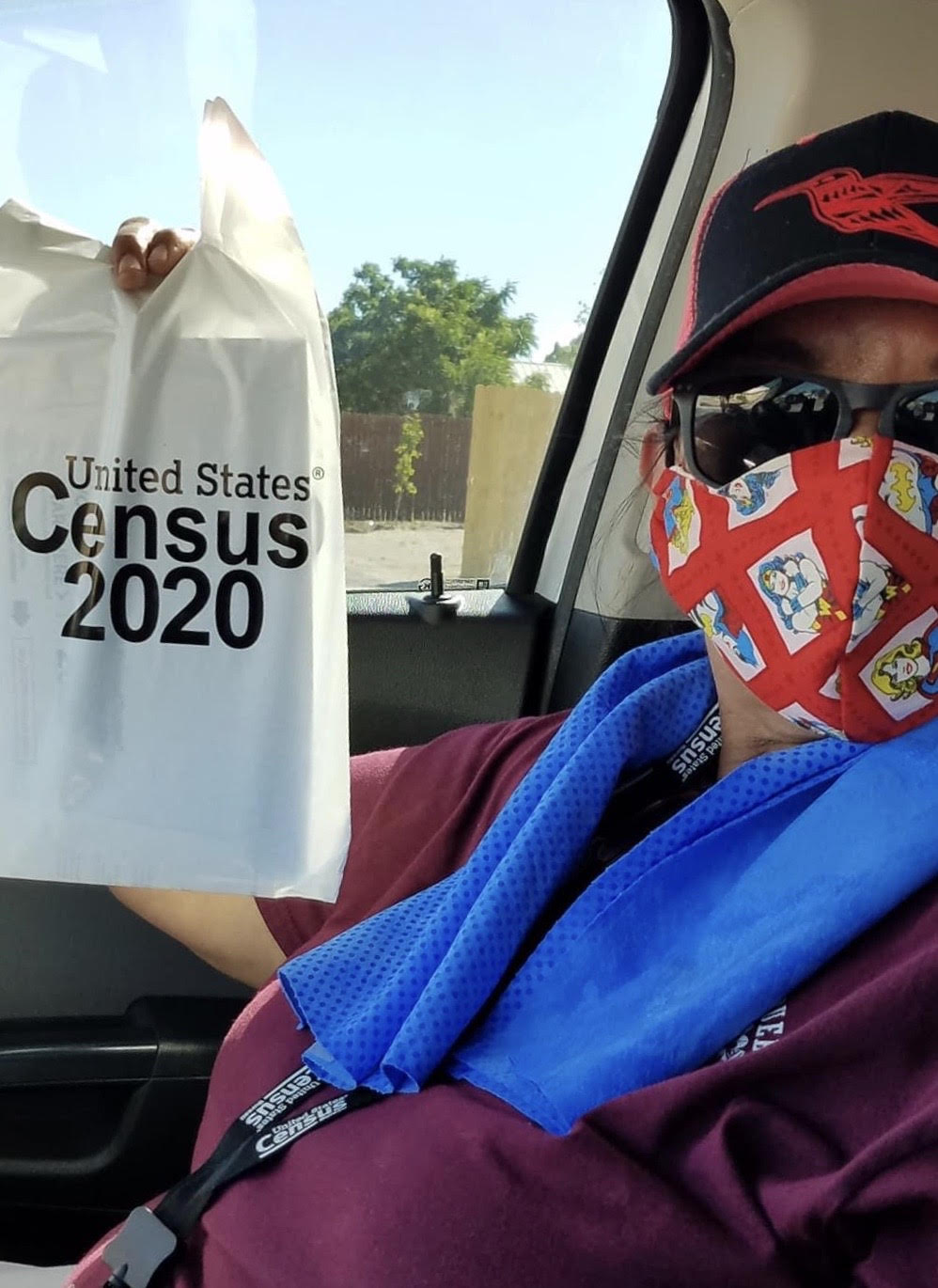
- Details
- By Native News Online Staff
WASHINGTON — Tuesday’s U.S. Supreme Court stay on a federal court order means the final U.S. Census count will only include those counted through Thursday, Oct. 15, 2020.
The Census Bureau late Tuesday sent out an announcement of the self-response and field data collection operations for the end of tomorrow.
Specifically:
- Internet self-response will be available across the nation through October 15, 2020 until 11:59 pm Hawaii Standard Time (HST), (6:00 am Eastern Daylight Time on October 16, 2020) Visit gov to respond today.
- Phone response will be available for its regularly scheduled time on October 15, 2020. Click here for schedule and a list of numbers.
- Paper responses must be postmarked by October 15, 2020.
- Nonresponse Follow-up census takers will continue resolving nonresponding addresses through the end of the day on October 15, 2020.
The U.S. Census Bureau is currently updating 2020Census.gov, Census.gov, as well as all external and internal guidance to reflect the schedule update.
The National Congress of American Indians, Native American Rights Funds and the National Urban Indian Family Coalition condemned the Supreme Court decision. The three national American Indian organizations maintain the Supreme Court order essentially validates an undercount of historic proportions of American Indians and Alaska Natives.
“The Administration admitted that it could not meet the December 31, 2020 statutory deadline for apportionment data under any circumstances due to delays caused by COVID-19. The Bureau’s Associate Director for Field Operations acknowledged it was “ludicrous” to expect the Bureau to “complete 100% of the nation’s data collection” for the 2020 Census early, in the middle of a global pandemic. The Administration’s efforts will result in incomplete numbers, effectively excluding noncitizens and suppressing the count of minority communities, including American Indians and Alaska Natives,” the three organizations said in a joint statement.
As of Tuesday, the self-response rate among all tribal areas reported by the Census Bureau is just 41.6 percent; 25.1 percent below the national self-response rate. Roughly half of all tribal areas have self-response rates below 40 percent, including at least 39 reservations on which those rates are in the single digits or teens. In the most populous tribal area, the Navajo Nation, only 22.2 percent of all households have self-responded to the Census.
“I’m very disappointed in the Supreme Court’s failure to acknowledge the federal government’s responsibility to accurately count the Navajo people and many other tribal nations,” Navajo Nation President Jonathan Nez said.
The Navajo Nation officially joined the lawsuit on Sept. 1, 2020, against the U.S. Census Bureau and the Department of Commerce based on the adoption of an illegally expedited plan, known as the “Replan,” which shortened the time to complete data collection for the 2020 Census by imposing a new deadline of Sept. 30, 2020. The Navajo Nation and other plaintiffs contend that federal defendants illegally curtailed time to complete the 2020 census, threatening to cause a significant undercount of minority populations, including members of the Navajo Nation.
“It’s disheartening that the highest court of the land ignored the devastating impacts that COVID-19 has had on the Navajo Nation and the census count. The Navajo Nation fought to the very end and never let up. Despite this setback, we will continue to move forward with strength just as our ancestors did long ago. We urge all members of the Navajo Nation to complete the census online or by phone before the Census Bureau ends the collection of census data,” said President Nez, while also thanking the Navajo Nation Department of Justice for their dedication and commitment to the case.
More Stories Like This
Native News Weekly (August 25, 2024): D.C. BriefsUS Presidents in Their Own Words Concerning American Indians
2026 Native American 40 Under 40 Class Announced
Monday Morning: (January 5, 2026): Articles You May Have Missed This Past Weekend
Native News Weekly (January 4, 2026): D.C. Briefs
Help us defend tribal sovereignty.
At Native News Online, our mission is rooted in telling the stories that strengthen sovereignty and uplift Indigenous voices — not just at year’s end, but every single day.
Because of your generosity last year, we were able to keep our reporters on the ground in tribal communities, at national gatherings and in the halls of Congress — covering the issues that matter most to Indian Country: sovereignty, culture, education, health and economic opportunity.
That support sustained us through a tough year in 2025. Now, as we look to the year ahead, we need your help right now to ensure warrior journalism remains strong — reporting that defends tribal sovereignty, amplifies Native truth, and holds power accountable.
 The stakes couldn't be higher. Your support keeps Native voices heard, Native stories told and Native sovereignty defended.
The stakes couldn't be higher. Your support keeps Native voices heard, Native stories told and Native sovereignty defended.
Stand with Warrior Journalism today.
Levi Rickert (Potawatomi), Editor & Publisher

